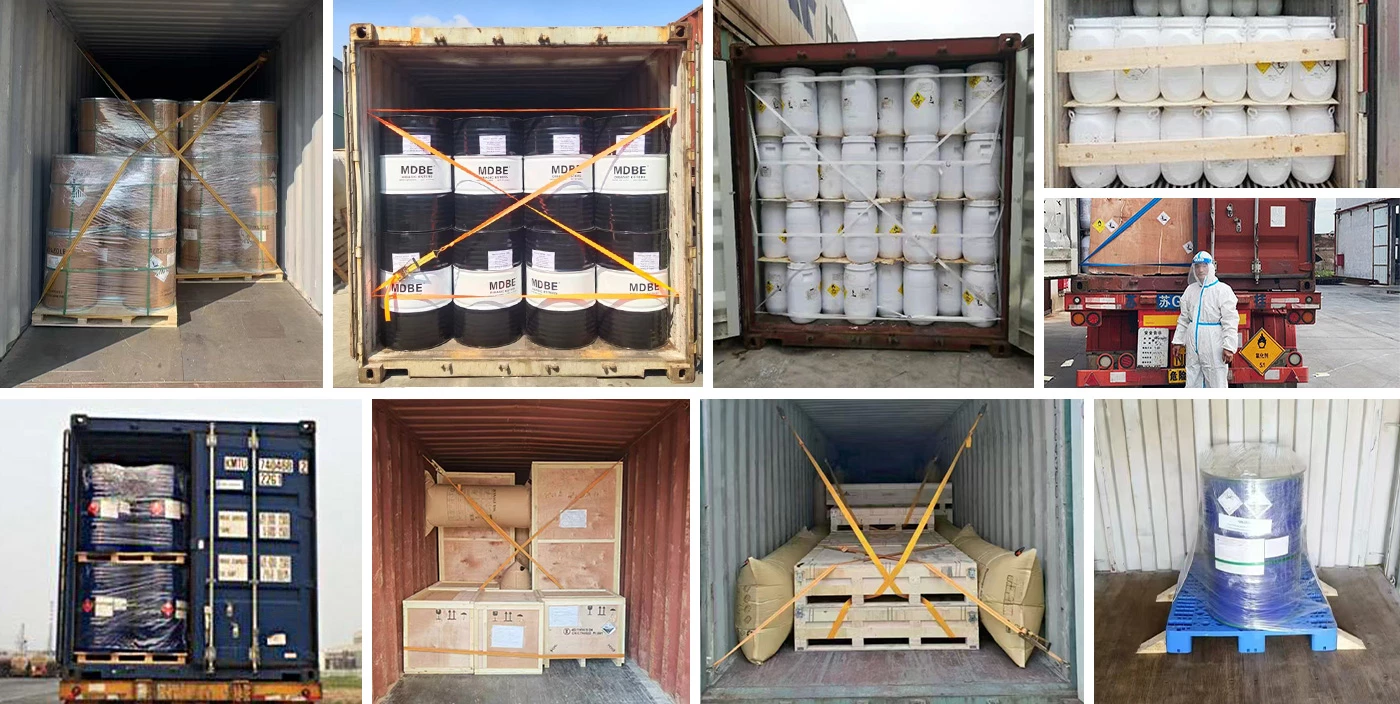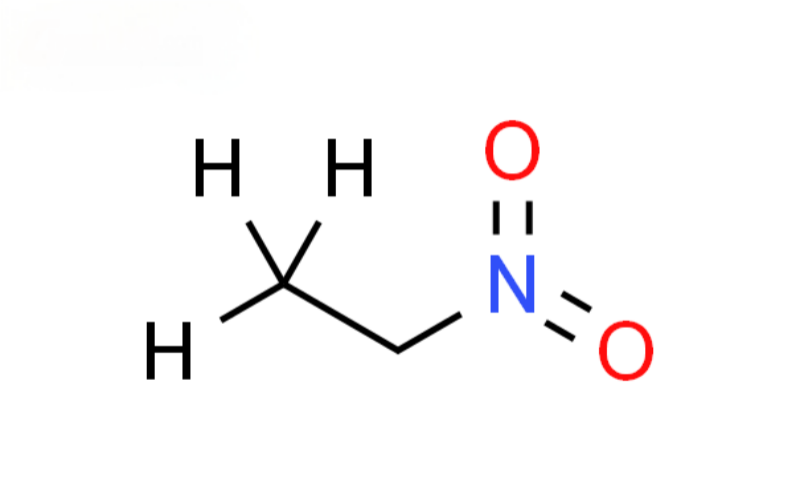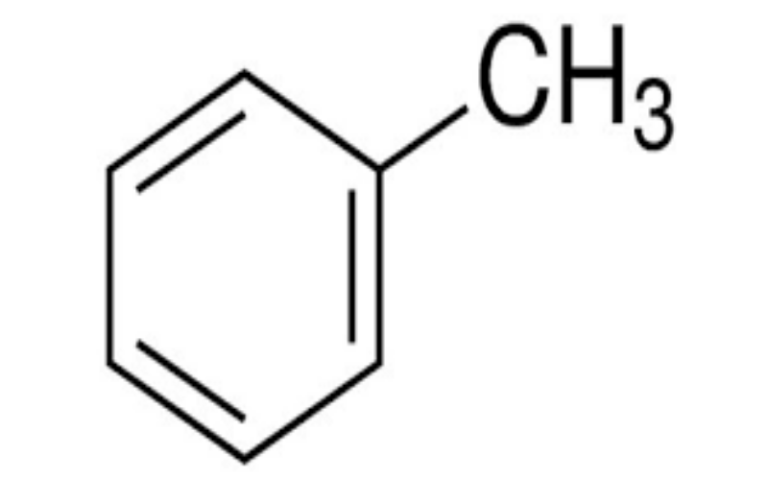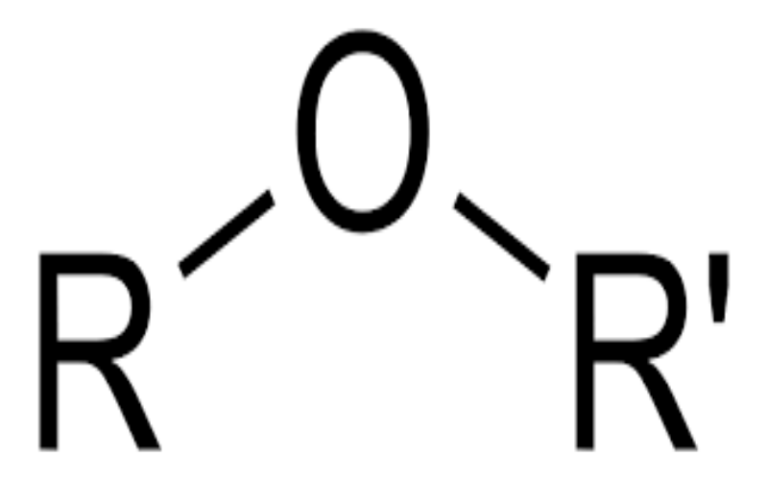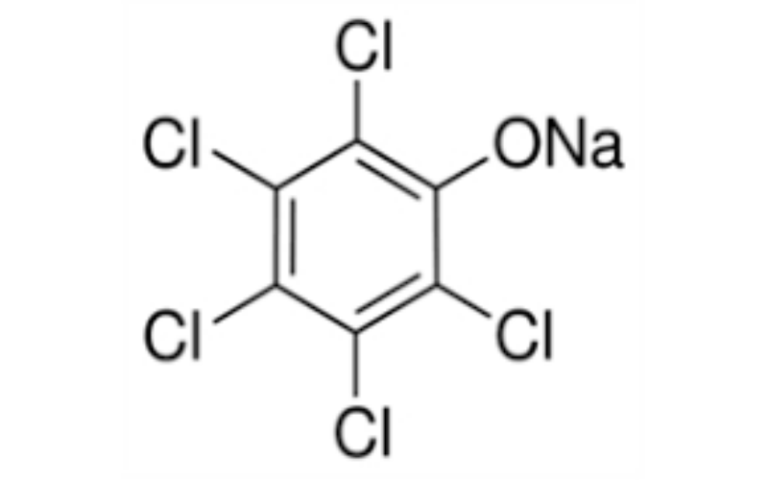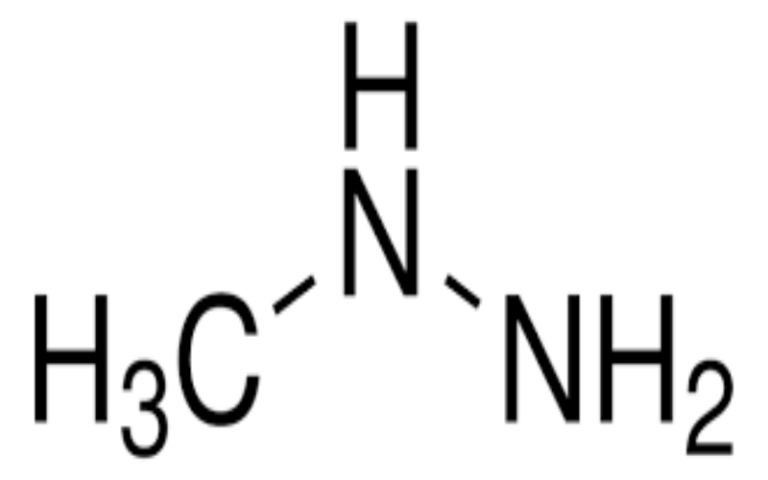Physical Properties
- Appearance: Colorless, oily liquid with a mild, fruity odor.
- Melting Point: -90°C.
- Boiling Point: 114-115°C (lit.).
- Density: 1.045 g/mL at 25°C (lit.).
- Vapor Density: 2.58 (vs air).
- Refractive Index: _n_20/D 1.391 (lit.).
- Solubility: Soluble in acetone, ethanol, ether, and chloroform; slightly soluble in water (4.6 g/100 mL at 20°C).
Chemical Properties
- Stability: Stable under normal conditions but may form explosive mixtures with oxidizers or strong acids.
- Reactivity: Reacts violently with strong oxidizing agents, amines, and metal oxides.
- Explosive Limit: 3.4% (V).
- pKa: 8.5 (at 25°C).
Uses
- Solvent: Used in organic synthesis, as a solvent for polymers, cellulose esters, waxes, fats, and dyes.
- Propellant: Used as a rocket propellant.
- Intermediate: Used in the manufacture of pharmaceuticals and pesticides.
Safety Information
- Toxicity: Acute oral LD₅₀: 860 mg/kg (mice), 1100 mg/kg (rats).
- Hazard Codes: T (Toxic), Xn (Harmful).
- Risk Statements:
- R10: Flammable.
- R20/22: Harmful by inhalation and if swallowed.
- R45: May cause cancer.
- Safety Statements:
- S9: Keep container in a well-ventilated place.
- S23: Do not breathe gas/fumes/vapor/spray.
- S25: Avoid contact with eyes.
Handling and Storage
- Store in a cool, dry, well-ventilated area, away from oxidizers, strong acids, and metal oxides.
- Use appropriate ventilation when handling.
Environmental Concerns
- Toxic to aquatic organisms; avoid release into the environment.
First Aid Measures
- Inhalation: Remove from exposure and provide fresh air. Seek medical attention if symptoms persist.
- Skin Contact: Wash with soap and water. Seek medical attention if irritation occurs.
- Eye Contact: Rinse with water for at least 15 minutes and seek medical attention.
- Ingestion: Do not induce vomiting. Seek medical attention immediately.
Transport Information
- UN Number: UN2842.
- Hazard Class: 3 (Flammable liquid).
- Packing Group: III.
Our company specializes in hazardous chemicals, flammable and explosive chemicals, toxic chemicals (legal export), ultra-pure and high-purity reagents. Welcome to contact us.
Packing and shipping
